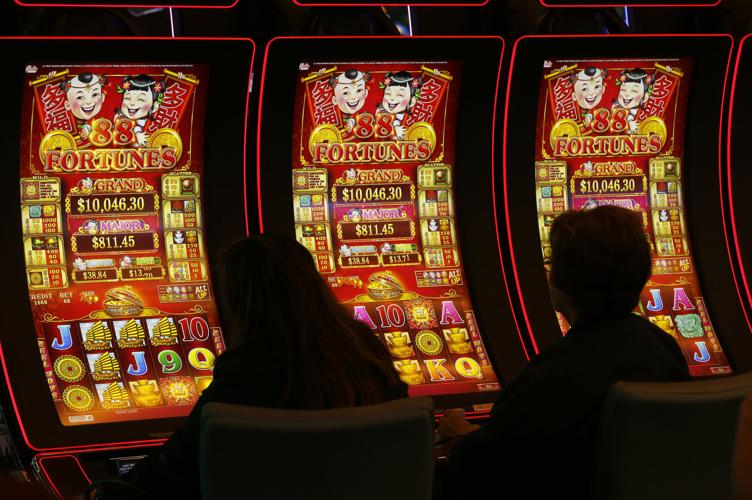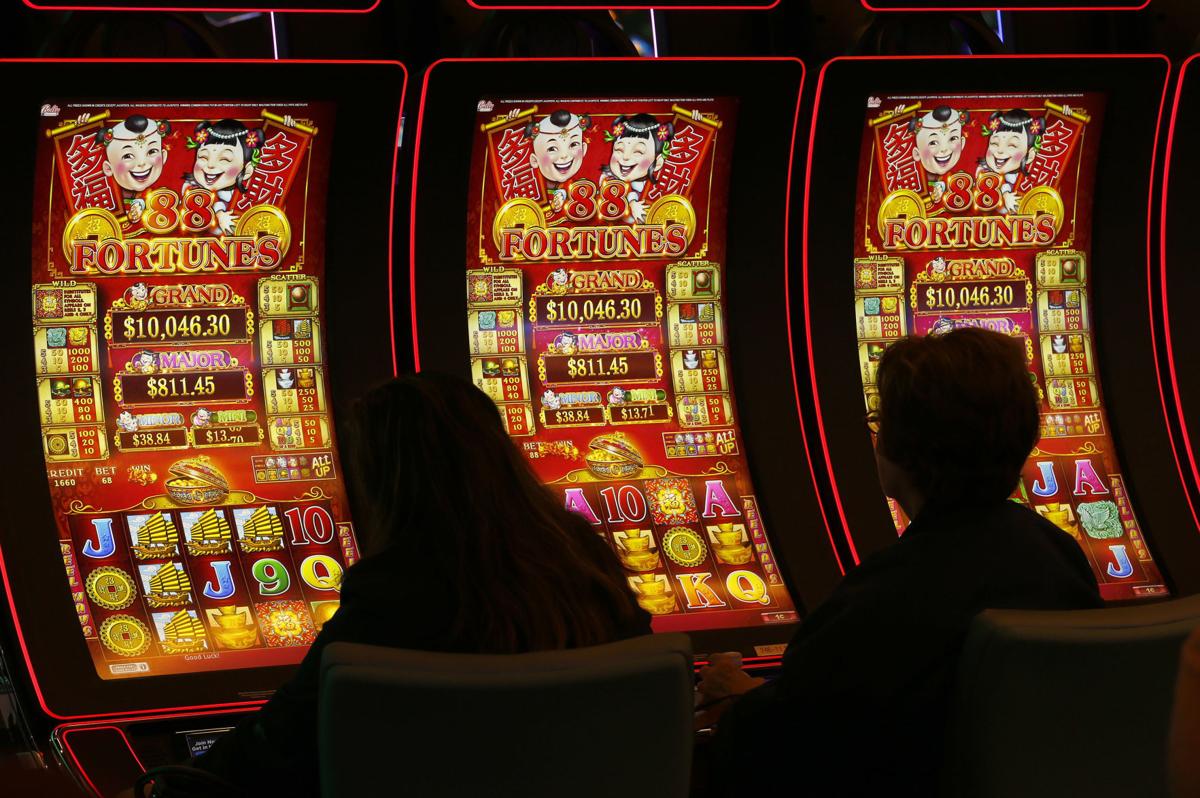PHOENIX — State Gaming Director Daniel Bergin said his state-assigned attorney did nothing wrong or illegal in destroying notes of his May 2015 meeting with officials of tribes trying to undermine the Tohono O’odham casino in Glendale.
In legal papers filed in federal court, Bergin said through outside counsel that Roger Banan, an assistant attorney general, took the half page of notes solely to brief him after the meeting. Bergin said it was Banan’s practice to destroy such notes after the briefing.
Bergin is trying to do more than argue that Banan did not violate the state’s public records law.
There are implications if U.S. District Court Judge David Campbell rules the notes were intentionally destroyed to keep them from getting into the hands of O’odham attorneys. The tribe contends Bergin was illegally conspiring with other tribes that do not want full-blown gaming at the Desert Diamond West Valley Casino.
Potentially more significant, Campbell could block Bergin from claiming he’s legally entitled to block full-scale gambling at the site based on his contention that the tribe committed fraud.
The outcome of the lawsuit could determine the future of the casino.
It opened last year, but only with Class II gaming, which is not regulated by the state. That limits it to games like bingo and machines that look like slots but operate as interconnected instant bingo games.
The tribe wants Class III gaming approval to add real slot machines as well as poker and blackjack, which attract more customers.
It cannot do that, however, until it gets the required certification from Bergin’s agency, which he has refused. So the tribe filed suit.
Bergin, in seeking to have the lawsuit dismissed, claims the tribe hid the fact that it already was looking for a casino site in the Phoenix area in 2002 even as voters were being told that their approval of a ballot measure would ensure no new casinos in the area.
Banan’s notes stem from at least one meeting he had with officials and lawyers of other Phoenix-area tribes that are competing for the same gaming business.
Lawyers for the O’odham contend the notes, which they learned about later by questioning Banan, would show Bergin and his agency are illegally conspiring with those other tribes.
But since they’re not available, the O’odham want Campbell to presume that’s what they would say.
In the new filings, attorney Matthew Hoffman, representing Bergin, urged the judge to reject that claim.
“Mr. Banan had no duty to preserve his notes because he did not believe — and could not reasonably have known — that his brief notes could even potentially be relevant to any future lawsuit,” Hoffman told the judge.
He said the notes concerned what Banan construed as suggestions by Donald Pongrace, a lawyer for the Gila River Indian Community, of actions Bergin could take to halt the O’odham casino. Banan said he dismissed Pongrace’s suggestions “out of hand,” Hoffman said.
One of Pongrace’s suggestions, it turns out, was to send letters to companies that provide equipment to legally authorized casinos, warning them they would lose that state-authorized privilege if they sold items to casinos not authorized by the state.
The O’odham contend that was designed to scare off suppliers.
Hoffman said the decision to send those letters was made by the Gaming Department before the May meeting.
But evidence produced by the O’odham show they did not go out until a month later.







